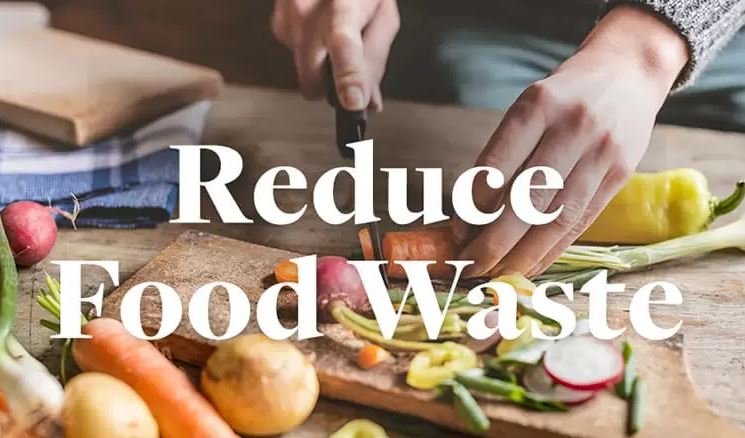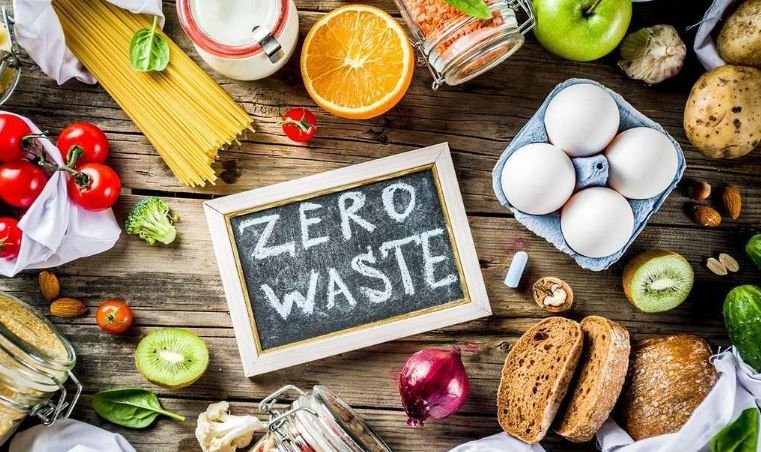Reducing food waste plays a pivotal role in protecting the environment. Food waste contributes significantly to environmental problems, including greenhouse gas emissions and resource depletion. By addressing food waste, individuals and organizations can make a substantial impact on environmental conservation. This article explores effective strategies and practices for minimizing food waste and highlights the benefits of doing so.

The Environmental Impact of Food Waste
Reducing food waste is essential for mitigating its adverse environmental effects. When food is wasted, not only are the resources used to produce it wasted, but the decomposing food in landfills also releases methane, a potent greenhouse gas. Methane has a much stronger impact on global warming compared to carbon dioxide.
Moreover, producing food requires significant amounts of water, energy, and land. When food is wasted, these resources are used inefficiently. For instance, it takes about 1,800 gallons of water to produce a pound of beef. Wasting this food means wasting the water and energy invested in its production, leading to further environmental strain.
Strategies for Reducing Food Waste
Reducing food waste starts with effective strategies and practices. One of the most impactful strategies is planning meals carefully. By creating detailed shopping lists and meal plans, individuals can avoid buying more food than needed, thus reducing the likelihood of spoilage.
Proper food storage is another critical aspect. Using airtight containers and understanding how to store fruits and vegetables to extend their shelf life can prevent premature spoilage. Educating oneself about food labels, such as “use by” and “best before” dates, helps distinguish between food that is genuinely unsafe to eat and food that is still good but might be nearing its expiration.
Composting Food Scraps
Reducing food waste can also involve composting food scraps. Composting converts organic waste into valuable compost that can enrich soil and reduce the need for chemical fertilizers. It also decreases the amount of waste sent to landfills.
Setting up a home composting system or participating in community composting programs helps divert food scraps from landfills. Composting not only reduces waste but also helps create a sustainable cycle of nutrient recycling, contributing to healthier soils and gardens.
Encouraging Food Donations
Reducing food waste involves encouraging food donations to those in need. Many organizations and food banks accept surplus food that is still safe to eat. Donating food that might otherwise be wasted can help reduce hunger and benefit the community.
Restaurants, grocery stores, and individuals can all participate in food donation programs. These donations provide meals for people facing food insecurity while simultaneously preventing waste. It is essential to ensure that donated food meets safety standards and is in good condition.
Utilizing Leftovers Creatively
Minimizing food waste includes using leftovers creatively. Repurposing leftovers into new dishes helps minimize waste and can make meal planning more efficient. For example, leftover roast chicken can be used in soups, salads, or sandwiches.
Creative cooking techniques, such as batch cooking and freezing portions, also contribute to reducing food waste. By preparing and storing meals in advance, individuals can use up ingredients before they spoil and have convenient, ready-to-eat options available.
Conclusion: A Collective Effort
In conclusion, reducing food waste is vital for protecting the environment and conserving resources. By implementing effective strategies such as meal planning, proper food storage, composting, donating surplus food, and using leftovers creatively, individuals and organizations can make a significant impact on reducing environmental harm.
Addressing food waste requires a collective effort and awareness of the environmental benefits associated with reducing waste. Every small action contributes to a larger goal of creating a more sustainable and environmentally friendly world.

